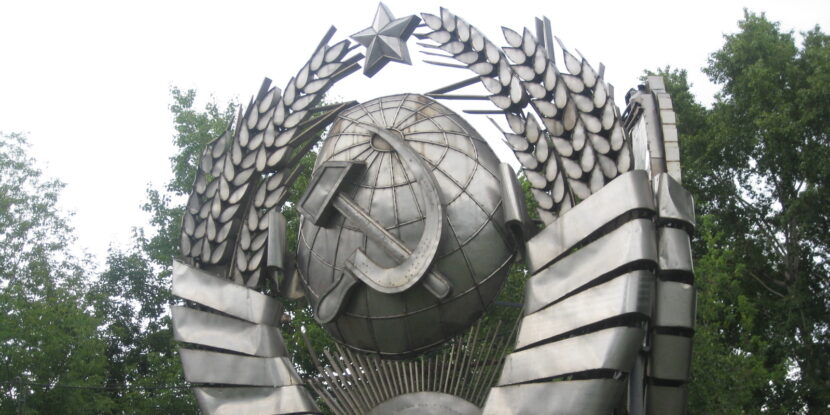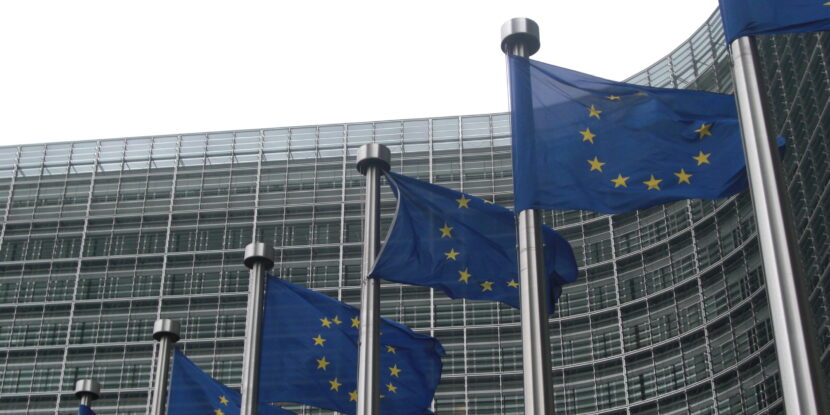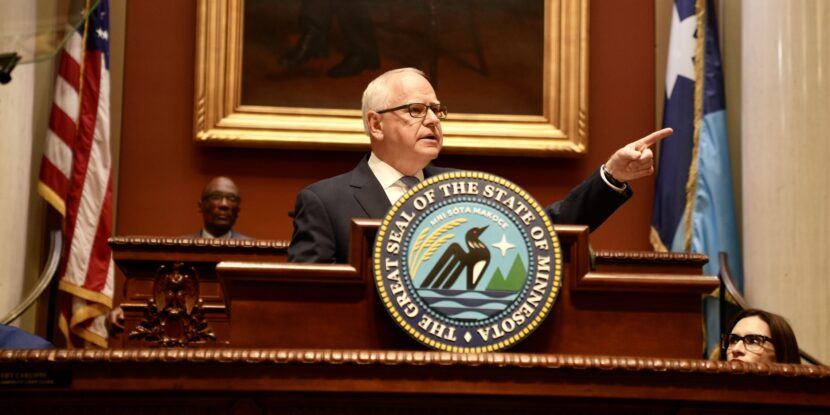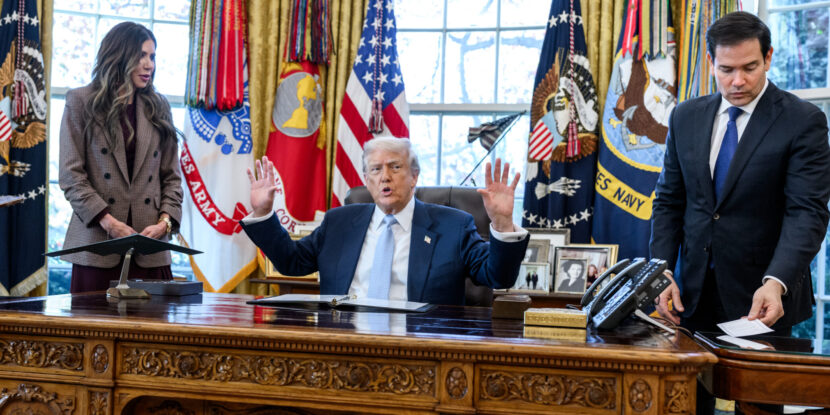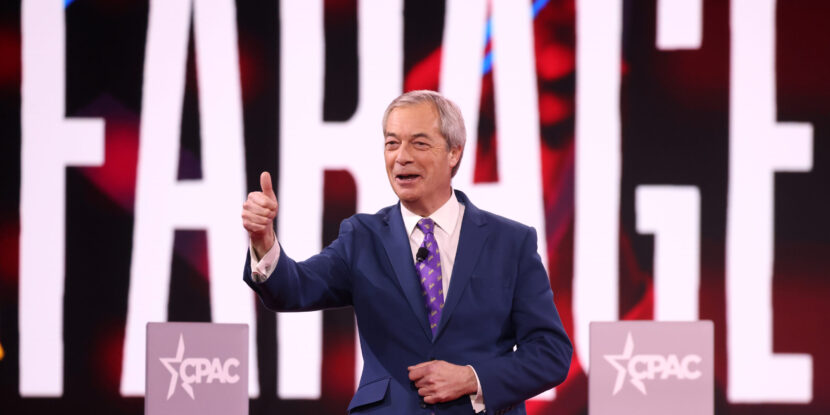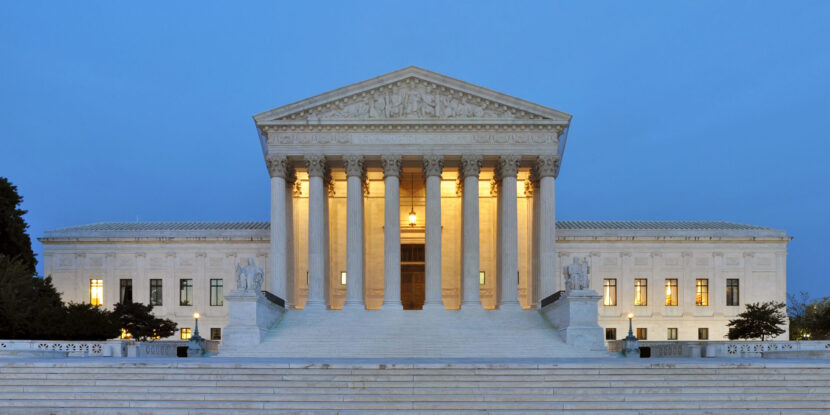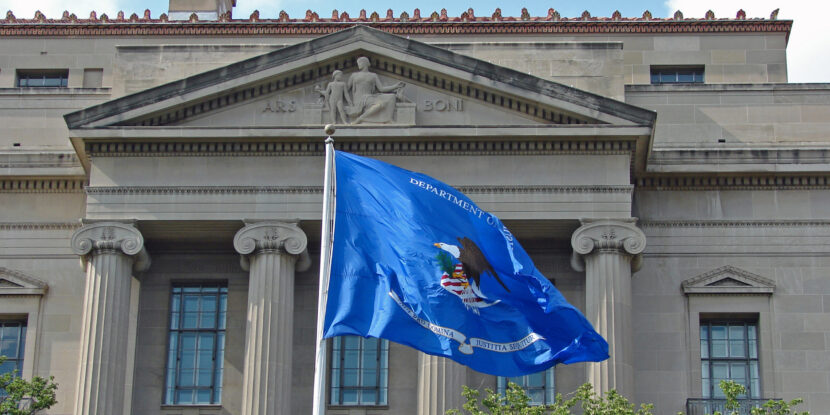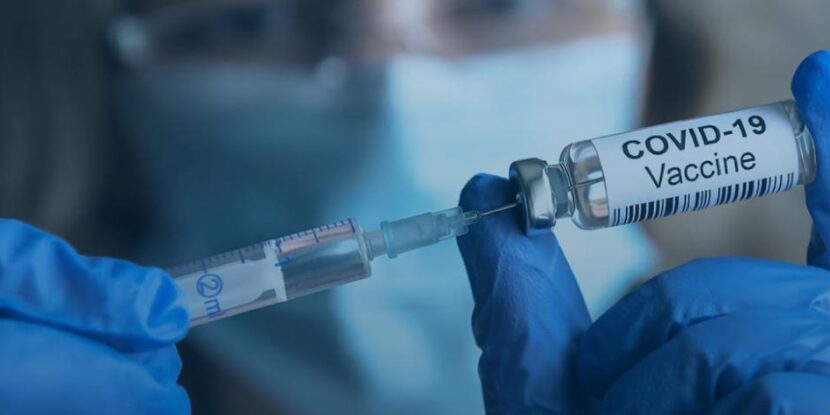The newly released John F. Kennedy assassination files appear to shed additional light on long-suspected ties between the late president’s alleged assassin, Lee Harvey Oswald, and a high-ranking Soviet Union intelligence officer who is believed to have oversaw political assassinations and communist guerilla warfare operations. Just months before Oswald allegedly assassinated President Kennedy, he is believed to have traveled to Mexico City, entering the Soviet Union embassy in an effort to renew his travel visa to the communist country. This incident has long been clouded in suspicion, with little known about who Oswald met with and what was discussed.
However, intelligence memos in the JFK files reveal that the U.S. Central Intelligence Agency (CIA) came to believe with a high degree of confidence that the Soviet embassy officer who met with Oswald and reviewed his visa application was a man named Valeriy Vladimirovich Kostikov. Notably, Kostikov was not an actual diplomatic staffer but rather a high-ranking KGB official known for his expertise in targeted political assassinations and training of communist agitators and guerilla movements across South and Central America.
While Kostikov’s potential interaction with Oswald has been the subject of speculation for some time, the memos add a degree of certainty that Oswald indeed met with the infamous KGB officer in late September 1963. Just under two months later, Oswald—according to official accounts—shot and killed Kennedy in Dallas, Texas.
CIA CONCERNED ABOUT KOSTIKOV.
A series of CIA memos from the early to mid-1970s reveal the agency came to believe that Kostikov was deeply involved with the KGB’s 13th Department, which engaged in operations involving assassinations and sabotage. Another memo from 1978 from the CIA exudes a degree of panic when the agency became aware that Kostikov was operating in Beirut, Lebanon—suggesting they had been closely tracking the KGB officer’s movements in the years after the Kennedy assassination.
Although there is currently no definitive “smoking gun” linking Kostikov to Oswald’s actions in Dallas, the files shed new light on concerns American intelligence officials had regarding potential KGB involvement in the assassination of President Kennedy.
